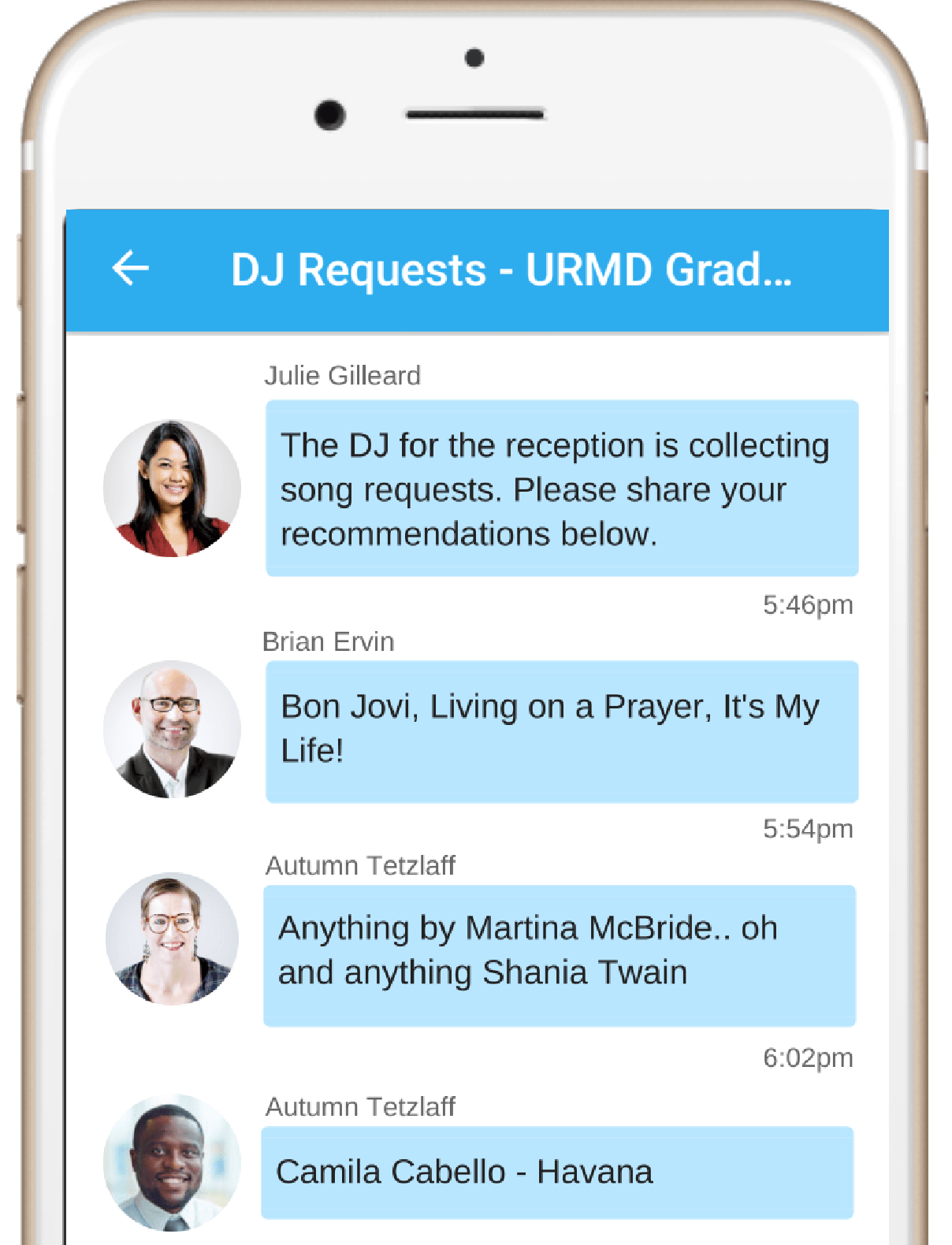With a deliberate gait and a military-straight posture, Erik Russell looks like he’s in charge as he crosses the ballroom as the hotel staff cleans up after refreshments. Whova crossed paths with Russell in March 2018 when his employer, the Computing Research Association, staged its Grad Cohort for Underrepresented Minorities and People with Disabilities (URMD) Workshop. The conference brought challenges but was ultimately a success.
Six a.m.: Waking Up in a Strange Time Zone
Friday morning found Russell waking up in a hotel room on the road in San Diego’s Gaslamp Quarter. Ahead of him was a 17-hour day. Russell was the main organizer of a specialized workshop for computer science graduate students that the nonprofit CRA of Washington, D.C., was hosting for the first time.
With Lofty Talk, an Event Takes Flight
The world’s big problems “won’t be solved by a homogenous group,” a university professor told the group of students during a welcome session. With that, the conference was off and running.
Russell and his co-workers stayed behind the scenes, as they would for the next two days. Their goal would be to support the workshop, which enabled URMD students pursuing a master’s degree or Ph.D. in computer science or computer engineering to meet, network with and be mentored by industry and academic researchers.
Sunny San Diego … Well, Sort Of
Despite its sunny reputation, San Diego’s weather turned cloudy with a possibility of rain. A luncheon on the hotel’s Palm Terrace went off nicely, but later events — an evening reception as well as future meals — had to be moved from outdoor venues to ballrooms. Fortunately, 89 percent of conference participants used the Whova app. The app let organizers send alerts to conference participants, telling them event venues had changed.
Post-Print Event Changes … Now What?
Russell has organized enough events to know that once a paper program gets its final edits and comes off the printing press, the agenda changes. “It never fails,” Russell said.
The Whova app let organizers rearrange the agenda, even on the day of the event. One speaker had sent regrets that he could not attend, then was suddenly able to participate at the last minute. Russell was able to add a biography and photo to the program using Whova. He continued, “Having the ability to make post-print modifications and effectively communicate those changes to participants, speakers, sponsors and staff through the app was a tremendous help.”
Deep Concepts and Fun Photos
Organizers used Whova for a variety of notifications — telling students, for example, that it was time to put up their posters outlining their research interests (they included engineering topics such as “Fuzzy Regression Intervals”). The app also let students share event photos, network with each other (even before the workshop) and coordinate sightseeing tours in San Diego.
A Unique Challenge: Communication
Since about 20 percent of the students at the workshop self-identified as having a disability, Russell and his co-organizers felt very strongly about allocating appropriate resources to enable all participants to take full advantage of the workshop. They brought in two teams of sign language interpreters and three teams of CART (Communication Access Realtime Translation) specialists. With CART, a stenographer converts speech to text using a court reporter’s machine. The text appears on a client’s computer monitor.
Presenters also worked to make their presentations more accessible to people with disabilities by sharing materials well ahead of time, and preparing high-contrast text on visuals.
This D.J. Takes Requests With Whova

The most unusual thing Whova did was collect music requests for the Friday evening reception. Organizers took it one step further by creating a song-request contest, offering a prize to the person with the most suggestions.
Though the hours can be long, Russell’s job as an event organizer has its rewards. Friday’s dance party was “pretty amazing,” he said. The conference brought together people with very diverse backgrounds and abilities. Embracing the differences, participants, speakers, sponsors and staff “all came together” at the reception, Russell said. The sight of people in wheelchairs, and deaf people along with sign-language interpreters, joining everyone out on the dance floor made a lasting impression on the organizer.
Finally Some Time for Shuteye
Long past 11 p.m., when the dance music was over and the party favors were put away, Russell went to bed for a little sleep … though Saturday was a workday. He would need to rise early and do it again.
PROFILE: ERIK RUSSELL
Erik Russell, 46, has always had demanding work, but those demands have differed through the years. After getting a college degree in criminology, he worked as a deputy sheriff in California’s agriculture-heavy Central Valley. He worked with a police dog in the department’s K-9 unit.
Six years into his career, a person in his custody assaulted him, resulting in a career-ending injury. Russell found himself taking early retirement and going back to school to obtain his teaching degree and M.Ed. with a concentration on Cross-Cultural Education.
“Sometimes life throws you a curveball,” he said. “You’ve got to swing at it.”
He moved to Colorado and taught 1st grade and 4th grade for six years before being selected as an Albert Einstein Distinguished Educator Fellow at the National Science Foundation in Washington, D.C. The Einstein Fellowship provided him an opportunity to work towards broadening participation in computing and ultimately led him to the CRA, which he joined in 2012.
Interested in Whova?
If you are interested in learning how Whova can help you create an engaging event, please contact us for more information.
